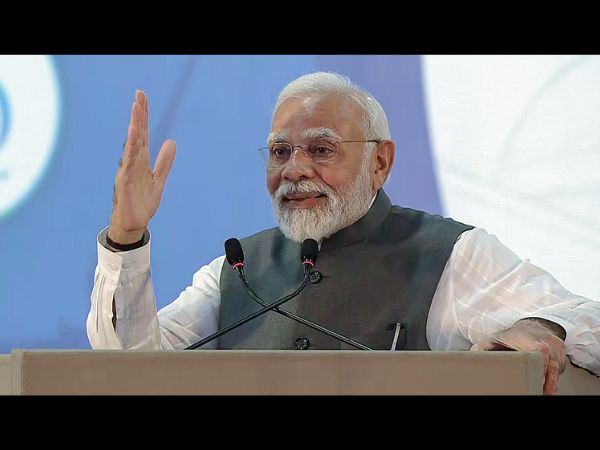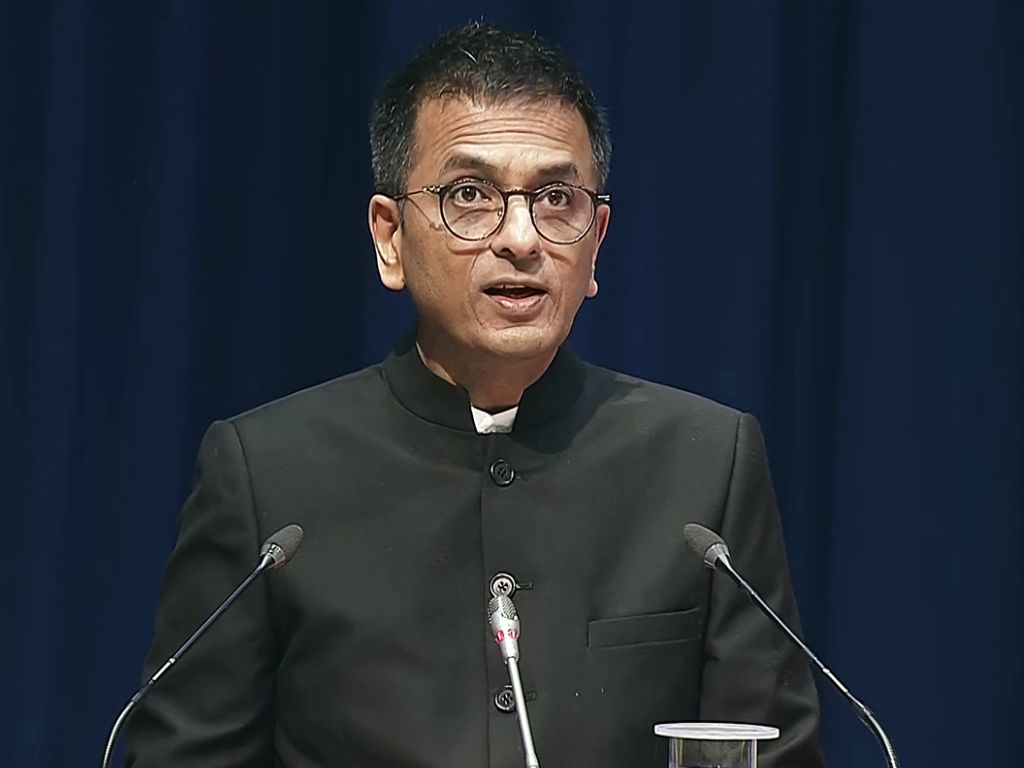- Saturday, July 27, 2024
In the context of a bribery case, the supreme court overruled the verdict given in a case in 1998 that ‘an MP or MLA can’t claim immunity from prosecution on a charge of bribery in connection with the vote/speech in the parliament/assembly.

By: Shubham Ghosh
INDIAN prime minister Narendra Modi on Monday (4) expressed his happiness after the country’s Supreme Court overruled the verdict given in a case in 1998 that “an MP or MLA can’t claim immunity from prosecution on a charge of bribery in connection with the vote/speech in the parliament/legislative assembly”.
“SWAGATAM! A great judgment by the Hon’ble Supreme Court which will ensure clean politics and deepen people’s faith in the system,” he said in a post on X that included news about the development.
The apex court gave its verdict in the context of bribery charges against Sita Soren, a lawmaker from the Jharkhand Mukti Morcha (JMM) in the eastern state of Jharkhand in connection to the election to two seats in the Rajya Sabha or Upper House of the parliament from the state.
Read: Supreme Court clears Adani amid short-seller allegations
SWAGATAM!
A great judgment by the Hon’ble Supreme Court which will ensure clean politics and deepen people’s faith in the system.https://t.co/GqfP3PMxqz
— Narendra Modi (@narendramodi) March 4, 2024
Soren is accused of accepting a bribe from an Independent candidate for voting for her. She had said that she had voted for her own party’s candidate. A fresh poll was held later and the lawmaker had said that she had voted for the JMM candidate.
Read: India supreme court’s ruling on scrapping Article 370: This is what PM Modi said

Soren had moved the high court of Jharkhand aiming to get the chargesheet and criminal proceedings against her quashed, relying on provisions of Article 194(2) of the Indian Constitution but the court did not oblige. She then approached the top court. In September 2014, a two-judge bench said that since the matter was “substantial and of general public importance”, it should be referred to a bigger bench of three judges, the Indian Express reported.
Five year ago in 2019, a three-judge bench took up the appeal and observed that the high court’s judgment dealt with the 1998 case and spoke in favour of referring to the court to an even larger bench and this time, a seven-judge bench led by Chief Justice DY Chandrachud took it over.
On Monday, he said, “The seven of us have arrived at a unanimous verdict… We disagree with and overrule the judgement of the majority on this aspect”.
“Bribery is not rendered immune under Article 105(2) and the corresponding provision of Article 194 because a member engaging in bribery commits a crime, which is not essential to the casting of the vote or the ability to decide on how the vote should be cast,” the top court said.
In 1998, a constitution bench of five judges held in its majority verdict on the Narasimha Rao versus CBI case that MPs have immunity against criminal prosecution for any speech made and votes cast inside the House under Articles 105(2) and 194(2).
Articles 105 and 194 of the Indian Constitution deal with the powers and privileges of MPs and MLAs in parliament and legislative assemblies, respectively.